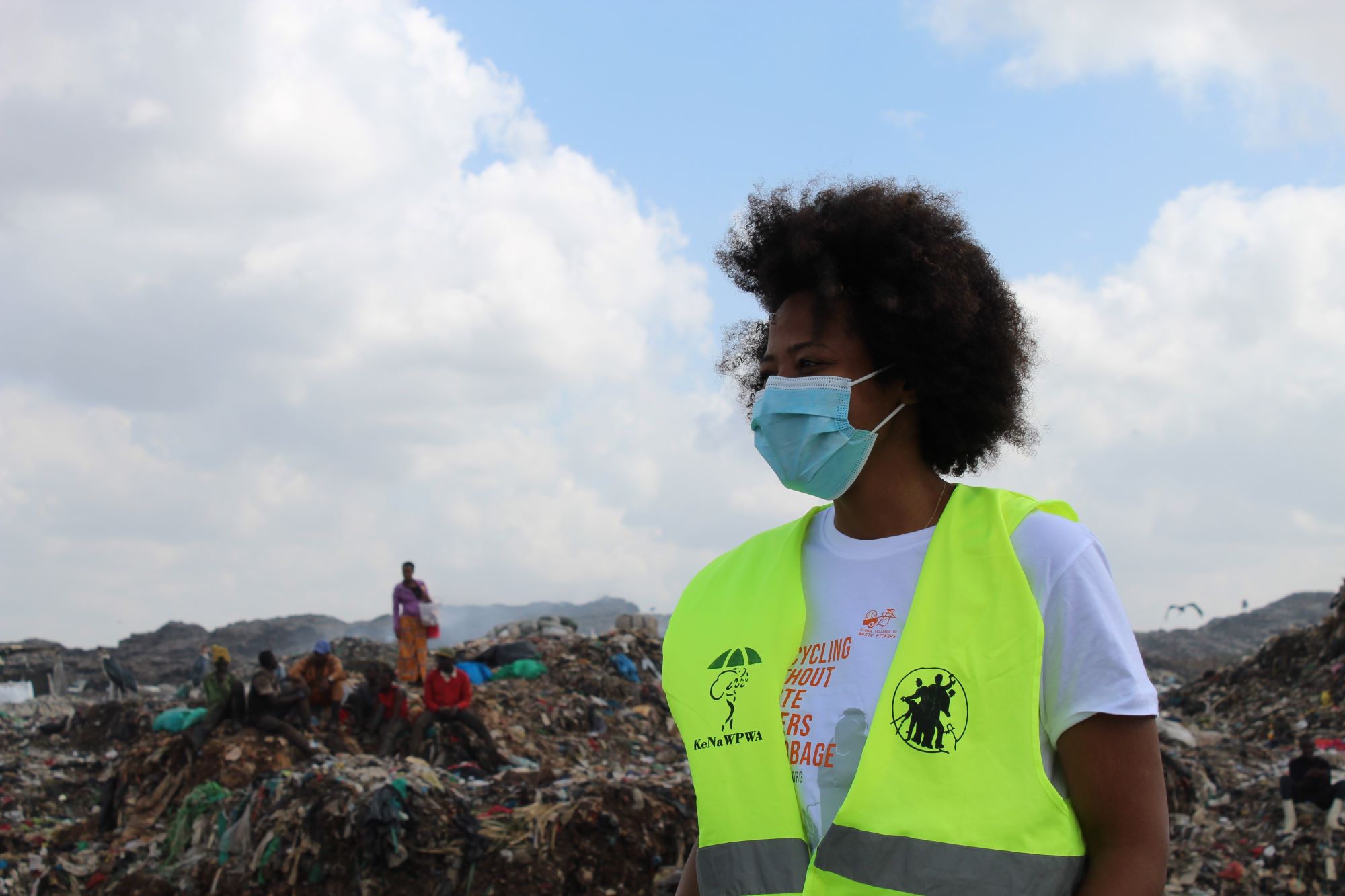
Major victory: 173 countries agree to develop a historic treaty on plastic waste
Huub Scheele, Coordinator of the International Financial Institution Advisory Board
People from all over the world have a major victory to celebrate: 173 countries agreed to write a legally binding global agreement to regulate the full lifecycle of plastic at the United Nations Environment Assembly (UNEA 5.2) held in March 2022 in Nairobi, Kenya. The agreement has been described as the most important multilateral environmental deal since the Paris Climate Accord in 2015. Those of us who fought for the agreement believe effective cooperation and civil society pressure will help to fast-track approval of the final treaty within two years.
This success in Nairobi would not have been possible without the effort of many NGOs all over the globe, who have pushed their governments for years to recognize the scope and urgency of the plastic crisis. Global Greengrants Fund ally GAIA, a global network devoted to zero waste, worked to help members from the Global South to take part in the negotiations, including a delegation of waste pickers from India, Kenya, Ghana, Colombia, and Chile. They participated in UNEA 5.2 and met with colleagues in peri-urban areas of Nairobi near the regional Dandora dump site.
The agreement is great news for the communities who suffer the impacts of plastic pollution: from the ones who live next to fossil fuel extraction to the workers in industries where plastic is produced; from the ones who live close to dumps and landfills, to the waste pickers exposed to toxics in plastic; from the fisher and farmer communities whose water and land are polluted to the indigenous peoples struggling to preserve their knowledge and ecosystems; to the families who use plastic every day without knowing about its toxicity.
A Kenyan perspective on the agreement and the relevance of the ongoing Kenya-US Free Trade Agreement Negotiations
Naomi Lanoi, Coordinator for East Africa Advisory Board
Last year, after Global Greengrants Fund’s Director of Regional Programs, Allison Davis, pointed me towards an article she read on The New York Times, I learned about Kenya-US free trade negotiations currently underway, which might lead to the dumping of plastics in Kenya. It was a shock when I realized that I had no significant information about these deliberations. In fact, none of the networks I work with in the socio-environment sector in Kenya knew about the negotiations either. Allison and I decided to track down civil society organizations that were actively following the process. She reached out to allies who were vocal against plastics appearing in the treaty to find out more, while I engaged Econews Kenya, who quickly shared a report and a study about the Kenya-US free trade agreement (FTA).
With support from Global Greengrants, I attended virtual and in-person public interest litigation sessions organized by Econews to help initiate a discussion on the issues related to the free trade agreement. The objective was to develop a comprehensive document that would support their court case and halt negotiations due to concerns about the process in which the negotiations were being conducted. Their concerns included the lack of effective stakeholder engagement and/or public participation, and the absence of impact assessments as required by the Constitution of Kenya (2010) and the Treaty Making and Ratification Act (2012). Failure to follow these procedures means that negotiations are neither inclusive nor informed.
Information shared by Econews pointed to American Chemistry Council (ACC), a lobby group representing oil and chemical companies, as a major actor in the agreement. They pushed to use the US-Kenya FTA to expand the plastic and chemical industry across Africa, by using Kenya as a supply-hub for these products. Such a move could result in the dumping of plastics across Africa leading to a reversal on the progress made so far in addressing the pollution effects from the use of plastics. Kenya instituted a plastic bag ban that continues to be enforced due to its success in combating pollution.
Global Greengrants Fund gave a grant to Econews in December 2020 to support their work raising awareness about the agreement with media campaigns and providing trainings with decisionmakers. Speaking recently to Econews CEO Edgar Ogari, unfortunately the Biden administration has intensified the free trade agreement discussions, and we should expect a final outcome soon. I asked him about his reaction to the UNEA historic victory to regulate plastics in the world. He said: “Naomi, I am optimistic but cautious. I am more concerned on the implementation henceforth. Policies are made and adopted every day. As we speak, illegal plastic bags are continuously smuggled into Kenya.”
Will the UNEA historic agreement change the negotiation dynamics in the Kenya-US free trade agreement about environmental concerns and dumping of plastics? Although the agreement raises hopes on the possibility of positive changes, it is a question that only time will answer. It is important that civil society and grassroots actors are fully aware and involved, and that the UNEA agreement provides a real opportunity for civil society engagement.
